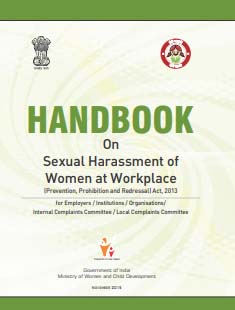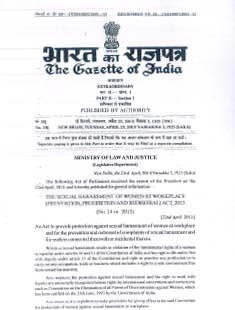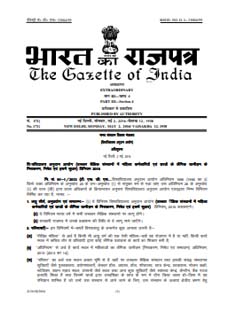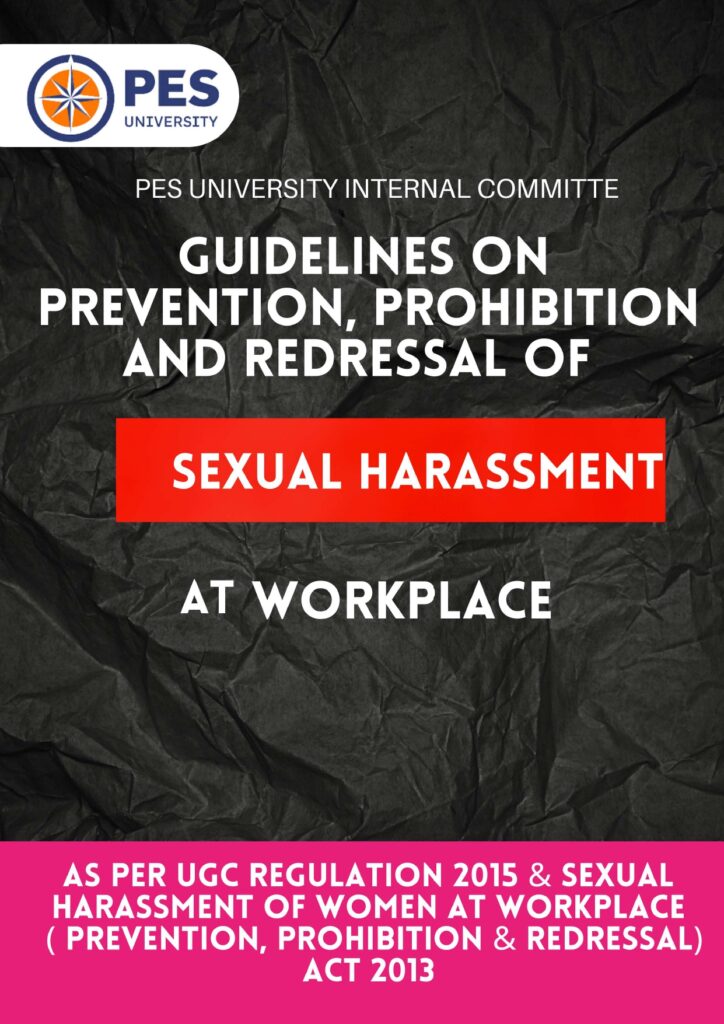Internal Committee
Members of Internal Committee
| # | Name | designation | email id |
|---|---|---|---|
| 1 | Dr. Reshma S.V, Professor, BT | Presiding Officer | reshma@pes.edu |
| 2 | Dr. Pooja Agarwal, Professor, CSE | Member | poojaagarwal@pes.edu |
| 3 | Prof. Jomy George, Assistant Professor, Faculty of Law | Member | jomygeorge@pes.edu |
| 4 | Prof. Sajeev Nair, Assistant Professor, Faculty of Management | Member | sajeevnair@pes.edu |
| 5 | Ms. Mamatha N, Manager – Administration | Member | mamathan@pes.edu |
| 6 | Ms.Ritu Ponnamma, Office Assistant, Faculty of Pharmaceutical Sciences | Member | ritureetha2006@gmail.com |
| 7 | Mr. Vishnu Prasad C (PhD Research Scholar, Commerce) | Member | chandvinishekar@gmail.com |
| 8 | Ms. Deepthi (MTech student, CSE) | Member | deepthisomayaji@gmail.com |
| 9 | Ms.Shrishti A (BTech student- ECE) | Member | shrish.tea.a@gmail.com |
| 10 | Mrs. Rekha Ramachandran, Founder and Secretary, Disha charitable trust for value initiatives, Bangalore. | Member from NGO | |
Vishakha Guidelines
The Supreme Court of India, in a landmark judgment in August 1997 (Vishaka & others vs. the State of Rajasthan & others) stated that every instance of sexual harassment is a violation of “Fundamental Rights” under Articles 14, 15, and 21 of the Constitution of India, and amounts to a violation of the “Right to Freedom” under Article 19 (1)(g).
In the Vishakha case, the Supreme Court laid down comprehensive guidelines on tackling the problem of sexual harassment at the workplace.
Backstory: A 50-something social worker, Bhanwari Devi was gang-raped by a group of upper class, influential men, because she had tried to stop the practice of child marriage in her village near Jaipur. Determined to get justice, Bhanwari Devi lodged a case against the offenders. However, the accused were acquitted by a trial court, because everyone, including the village authorities, doctors and the police, dismissed her situation.
This injustice inspired several women’s groups and NGOs to file a petition in the Supreme Court under the collective platform of Vishakha (Vishakha and others V. State of Rajasthan and others, 1997). They demanded justice for Bhanwari Devi and urged action against sexual harassment at the workplace.
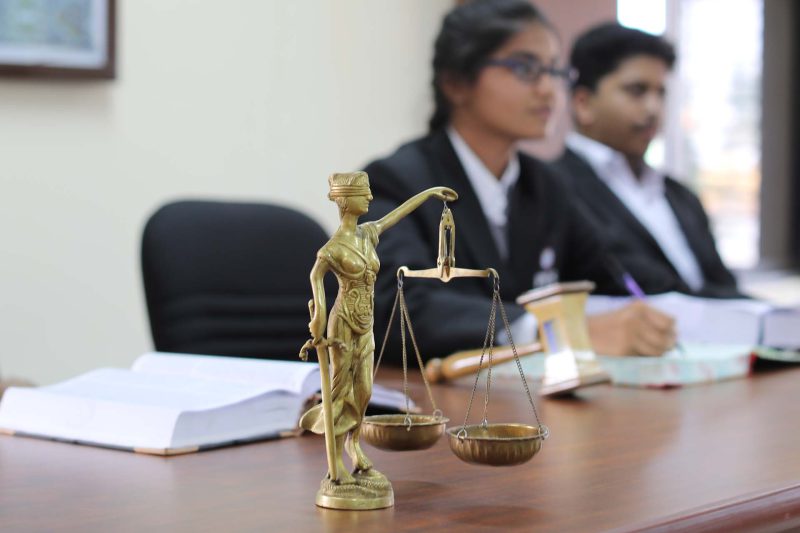
The Supreme Court defined sexual harassment as any unwelcome gesture, behavior, words or advances that are sexual in nature. The court, for the first time, drew upon an international human rights law instrument, the Convention on the Elimination of All forms of Discrimination against Women (CEDAW), to pass a set of guidelines that are popularly known as Vishakha Guidelines, which include:
- It is the onus of the employer to include a rule in the company code of conduct for preventing sexual harassment
- Organizations must establish committees that are headed by women.
- Initiate disciplinary actions against offenders and safeguard the interests of the victim.
- Female employees shall be made aware of their rights.
Before 1997, women experiencing sexual harassment at workplace had to lodge a complaint under the Indian Penal Code, 1860, ss. 354 and 509. Subsequently, the committee as envisaged in the Vishakha judgment has de facto authority and legal status.
Pursuant to the Vishaka judgment, the Central Civil Services (Conduct) Rules 1964, were amended in 1998 to incorporate r. 3C which prohibits sexual harassment of working women.
Central Civil Services (Conduct) Rules 1964, r. 3C states that:
- No government servant shall indulge in any act of sexual harassment of any woman at her work place.
- Every government servant who is in charge of a workplace shall take appropriate steps to prevent sexual harassment to any woman at such workplace.
Though not mentioned categorically, this rule invariably applies to all women, whether working in a government set up or coming in contact with government office/officials.
Further the Supreme Court in its judgment in Medha Kotwal Lele and Others vs. Union of India and Others has directed that the committee as envisaged in the Vishaka judgment will be deemed to be an inquiry authority for the purposes of Central Civil Services (Conduct) Rules, 1964 and the report of the committee will be deemed to be an inquiry report under those rules.
In pursuance of this direction, the Central Government (Department of Personnel and Training) has amended Central Civil Services (Classification, Control and Appeal) Rules, 1965, r. 14, sub-r. (2) to incorporate the necessary provision.
Emerging from the Vishakha judgment, after several drafts THE PROTECTION OF WOMENAGAINST SEXUAL HARASSMENT AT WORKPLACE BILL, 2010 was cleared by Parliament on November 4,2010. Importantly, the bill provides protection not only to women employees, but to any woman who enters the workplace as a client, customer, apprentice, daily-wage worker or in ad-hoc capacity. Students, research scholars in colleges/university and patients in hospitals have also been covered. Pending enactment of this Bill, the Vishakha guidelines continue to prevail as a mechanism to resolve issues.


